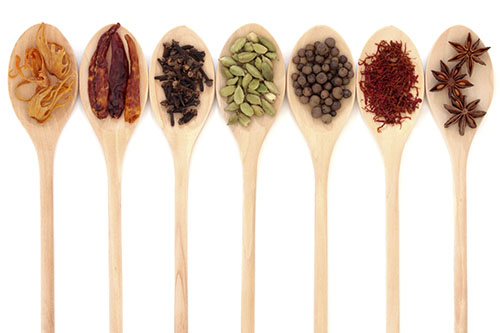Where Taste Leads the Way:
Opportunities in the Food Industry in 2015-2016
Written by:
Kyle Alkema, Technical Writer
We are becoming increasingly conscious of what we put in our stomachs, and this elevated attention to ingredients, nutrients, and calories brings with it the unlimited potential for innovation in the food industry. Increasing our understanding of diet and health leads to advances in food science and technology, as does our growing openness to experimenting with new foods and flavours. Areas of research range from neurogastronomy, investigating the relationship between the brain and the digestive system and looking at how our minds digest flavour, to insect-fortified food, such as sorghum wheat enhanced with termites, and even cultured meat grown from cells in vitro.
Food trends that require research and development abound in many areas. For example, a seemingly simple task like removing or substituting an ingredient often results in unintended changes and challenges that can lead to SR&ED-eligible work. Additionally, trends that have been popular for some time, such as catering to dietary restrictions and allergies, frequently require non-routine tests or alterations to existing processes.
In 2016, SR&ED in the food and beverage sector will continue to be crucial for innovation and competitiveness with anticipated growth in numerous market and industry trends:
- Reductions in serving sizes, including more snack and grab-and-go options, can pose challenges for maintaining quality while still packing a nutritious punch. Along with this come packaging innovations that enhance the consumer’s experience, as well as a focus on reduced processing and reduced impacts on the environment.
- Novelty in alcoholic products is on the rise as the demand for variety increases. Hop-free beer can require experimentation when reinventing recipes using alternative bitter herbs and plants. Also on the rise is the integration of liqueurs, such as pina colada, tequila, or coconut rum into food recipes.
- “Spice alchemy,” or spice mixology, explores seasoning, flavour strength and complexity, and infused food and blends. Related to this is the continued search for alternatives to table salt and sucrose.
- Advances in technology are having an impact on our interaction with food. The increased use of technology in food preparation and food service is leading to novel forms, such as tech-enabled delivery. Community involvement is becoming more and more dependent on technology, and food continues to grow as a focal point of society through exposure from social media and mobile applications.
From maximizing taste experiences through neurogastronomy and spice alchemy to minimizing serving sizes and environmental impacts, from enhancing probiotics to experimenting with liqueur-flavoured recipes, and from integrating quinoa and kale to developing gluten-free and simulated meat products, SR&ED opportunities in the food industry are ripe for the harvest.

